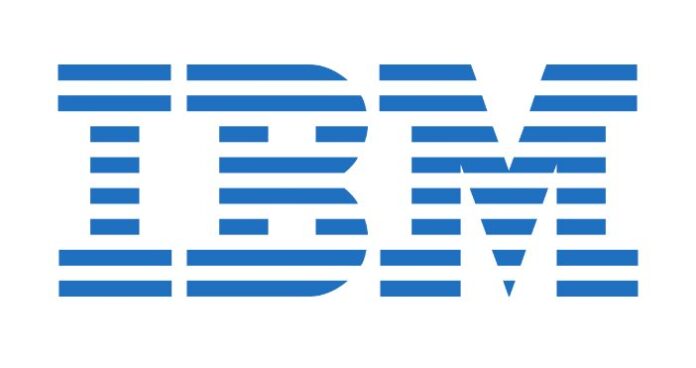Los Angeles, Calif. — Barry Baker, vice president leading offering and product management for IBM Z and LinuxONE, alongside Shaun Frankson, co-founder of The Plastic Bank, tag teamed a keynote presentation at this year’s Linux Foundation Open Source Summit North America. The duo’s presentation, titled “Harnessing Billions to Save Millions,” highlighted innovations that can support applications on a massive scale, and how billions of transactions can keep millions of pounds of plastic out of the ocean.
Baker’s work encompasses hardware and software development, sales, ecosystem and marketing. He began by envisioning what the world would be like without open source. He noted we would end up with a handful of tech companies producing mediocre software with a lack of innovation. “We’d be, in short, decades behind where we are today,” he said.
Baker’s point was that open source is critical in terms of the speed of innovation and how fast new technologies can be deployed. “IBM’s been a very active participant in open source for years,” he said. “We were an original funder of the OSDL (Open Source Development Labs), a precursor to the Linux Foundation; we’ve created dozens of projects; and we have over tens of thousands of employees that contribute to open source already.”
Baker continued by announcing that after releasing IBM LinuxONE Emperor, a Linux server that protects sensitive transactions, a couple years ago, the company is releasing IBM LinuxONE Emperor II, the next generation of its family of Linux-only enterprise systems. Since unveilings its LinuxONE technology in 2015, IBM joined forces with The Plastic Bank in an effort to eliminate plastic waste from the world’s oceans.
Frankson followed in the foot trails of Baker, highlighting how code could be used to eliminate ocean plastic. “At The Plastic Blanket, we are on a mission to use code to stop ocean plastic,” he said. “The more messed up I see the world getting, the more optimistic I am that code script saves the planet,” he added. Baker proceeded by explaining how his company is using code to reduce plastic pollution and global poverty simultaneously.
“If you think about it, if everything that is plastic, if every bottle is worth $5, we wouldn’t have a single piece of plastic garbage on this planet,” he said. “So the difference between garbage and value is simply direction. So we look at ways to use technology to reveal the value of plastic to make plastic too valuable to enter the ocean.” As a result, The Plastic Bank set up recycling ecosystems around the world, enabing people to earn a living simply by collecting plastic.
“All the plastic that we collect is called social plastic. We create these rewarded incentive systems to bring in social plastic, have resorted recycling and then sell it to some of the world’s largest companies and turn it into products,” explained Frankson.
Baker elaborated on how many people in developing countries do not have a bank account, but they do have mobile phones capable of supporting digital transactions. Consequently, the company started working with IBM and IBM Customer Cognition Foundry on a solution employing blockchain technology.
The Plastic Bank began collaborating with IBM LinuxONE systems in order to manage the massive plastic collection from multiple locations across the planet at the same time. The visual recognition based on IBM cognitive technology enables the company to identity various kinds of plastic and offer additional rewards for highly valued kinds.
“To get a reason that I get inspired and optimistic about the future of the planet is open source codes that can build on things like one solution that can make another one possible. This is really why I think the script that will save this planet will be written in code,”Frankson concluded.

